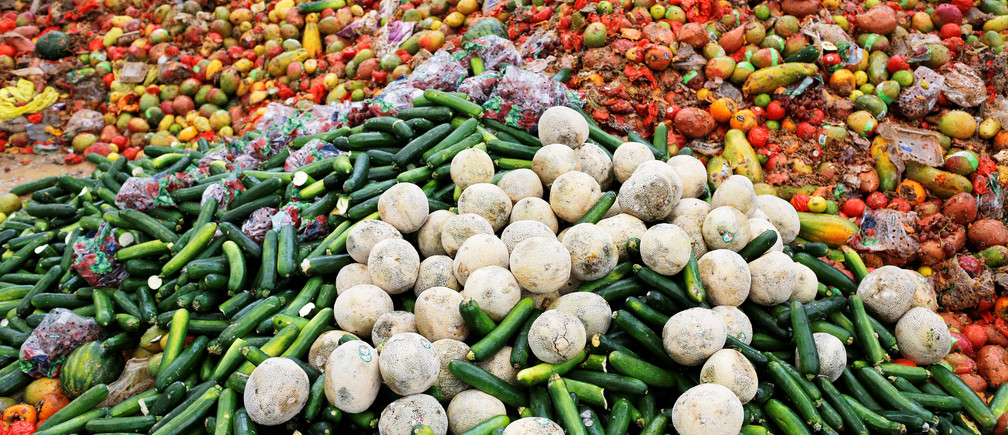
COVID-19 lockdowns and curfews are choking off food supply in parts of Africa
In a pre-dawn raid in food-starved Zimbabwe, police enforcing a coronavirus lockdown confiscated and destroyed 3 tons of fresh fruit and vegetables by setting fire to it. Wielding batons, they scattered a group of rural farmers who had traveled overnight, breaking restrictions on movement to bring the precious produce to one of the country’s busiest markets.

The food burned as the farmers went home empty-handed, a stupefying moment for a country and a continent where food is in critically short supply.
It was an extreme example of how lockdowns to slow the spread of the coronavirus may be choking Africa’s already-vulnerable food supply.
Lockdowns in at least 33 of Africa’s 54 countries have blocked farmers from getting food to markets and threatened deliveries of food assistance to rural populations. Many informal markets where millions buy their food are shut.
About one in every five people in Africa, nearly 250 million, already didn’t have enough food before the virus outbreak, according to the Food and Agriculture Organization. A quarter of the population in sub-Saharan Africa is undernourished.
“This is double any other region,” said Sean Granville-Ross, director for Africa at the aid agency Mercy Corps. “With lockdowns, border closures and the ability to access food curtailed, the impact of COVID-19 on Africa could be like nothing we have seen before.”
Lockdowns without provisions to help the poor “may affect us very, very much,” said Lola Castro, regional director in southern Africa for the U.N. World Food Program.
The Kibera slum in Kenya’s capital, Nairobi, is at a breaking point already. Last week, thousands of desperate people scrambled for food aid at a distribution point, causing a stampede.
The World Food Program was already feeding millions in Africa, mainly rural people, due to a myriad of disasters: Floods, drought. armed conflict, government failures, even plagues of locusts. The pandemic has added another layer of hardship.
For many Africans, the immediate concern is not the virus — it’s surviving the lockdowns.
“Most Africans work in the informal sector and need to go out every day,” World Health Organization Africa regional chief Matshidiso Moeti said. “I think of access to food above everything else.”
In the days before the lockdown, food prices shot up at a rate many Zimbabweans, already hammered by a ruined economy and the world’s second-highest inflation rate, just couldn’t handle.
“Here, the price of a pack of potatoes is now $40. It was $15 yesterday,” the 23-year-old Wadema said. She said her rural homeland is one of the lucky ones still receiving food aid but she doesn’t know h.ow long it will last.
Behind her, her husband holds a small child. Two other young children — 5-year-old twins — try to keep up as they carry bags with clothes and blankets. But there’s no food for the journey.
“If we had food we wouldn’t be going,” Wadema said.






